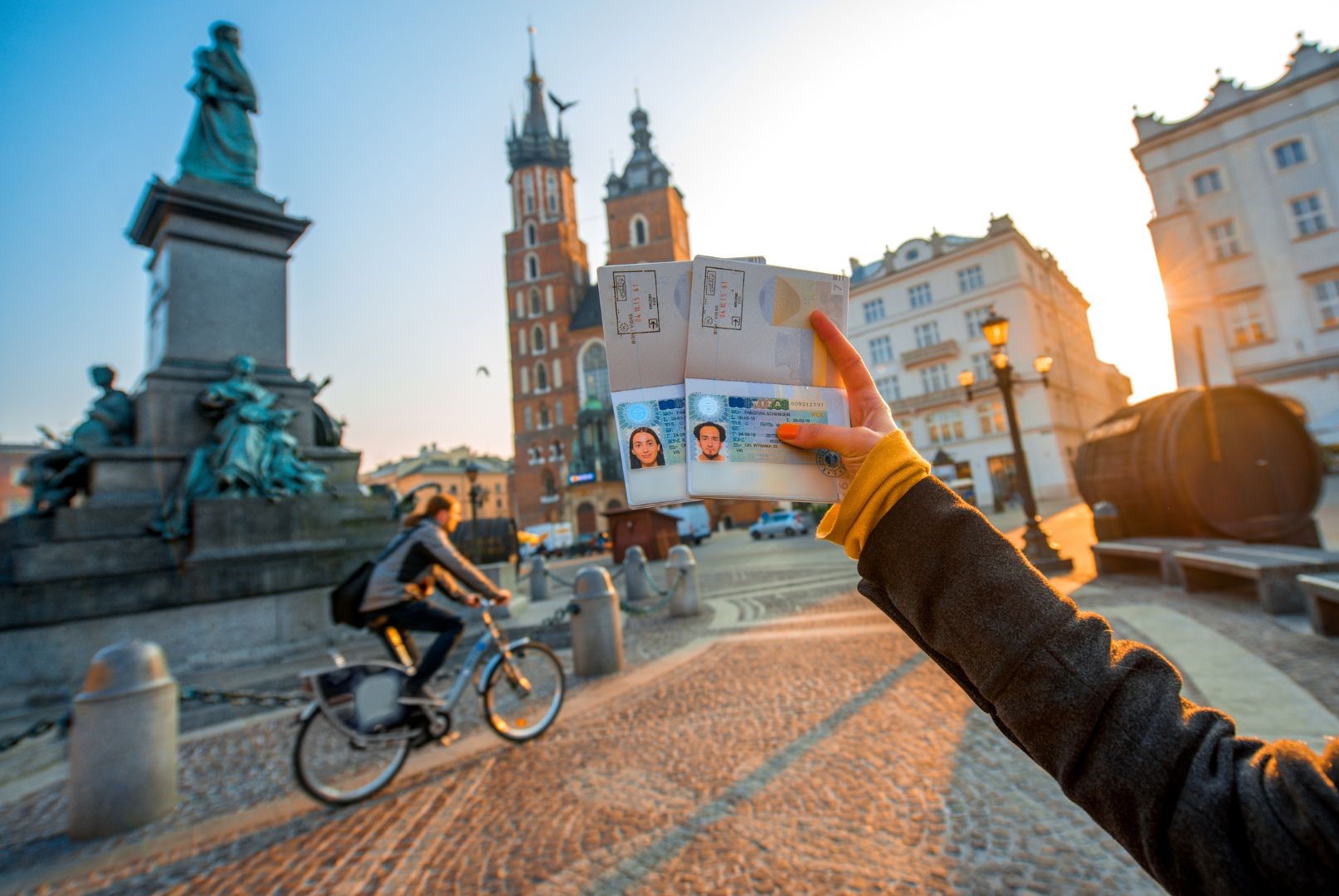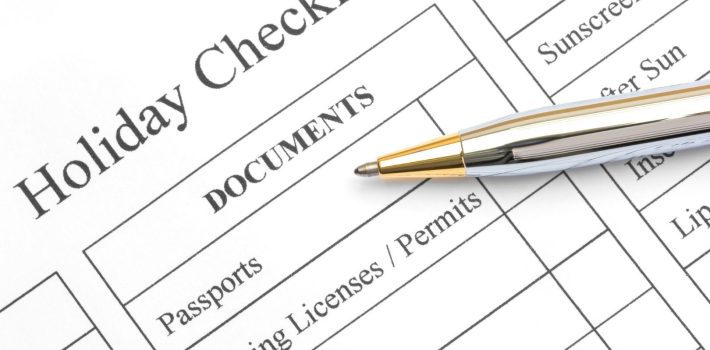Embarking on an adventure through Europe is akin to stepping into a mosaic of breathtaking landscapes, rich history, and vibrant cultures. From the sun-kissed shores of the Mediterranean to the cobblestone streets of medieval towns and the bustling modernity of its metropolises, Europe offers an unparalleled diversity of experiences. However, meticulous preparation is the key to unlocking a seamless and memorable journey. Whether you’re a seasoned traveler or setting foot on this continent for the first time, a comprehensive Europe travel checklist is your indispensable companion. This guide from PTBusrental will navigate you through the essential items you’ll need to ensure your European escapade is nothing short of spectacular.
Essential Travel Documents for Your Europe Adventure
When setting off on your European journey, the foundation of your travel preparation rests on gathering and organizing the essential travel documents. These documents are your lifeline abroad, facilitating everything from entry into each country to accessing medical care if needed. Here’s an expanded guide to ensure you have all the necessary paperwork in order.
Passport: Your Gateway to Europe
Validity: Your passport should be valid for at least six months beyond your planned date of departure from Europe. This is a standard requirement for entry into many countries to avoid any issues with immigration authorities.
Extra Pages: Ensure your passport has enough blank pages for stamps. While this might seem minor, some countries require a full blank page for their stamp.
Copies: Carry both physical and digital copies of your passport. Should your passport get lost or stolen, having copies can expedite the process of obtaining a replacement. Keep a copy separate from your actual passport and store digital copies securely online or in your email.
Visa Requirements: Navigating the Legalities
Schengen Visa: The Schengen Area covers most of Europe and allows for borderless travel between its member countries. Determine if you need a Schengen visa based on your nationality. Application processes and timelines can vary, so plan this well in advance of your trip.
National Visas: If your itinerary includes countries not part of the Schengen Agreement, check individual visa requirements. The United Kingdom, Ireland, Bulgaria, Croatia, Cyprus, and Romania, for example, have their own regulations.
Documentation: Applying for a visa typically requires proof of accommodation, a travel itinerary, travel insurance, and sometimes proof of financial means. Gather these documents early to avoid last-minute stress.
Travel Insurance: Ensuring Peace of Mind
Comprehensive Coverage: Opt for insurance that covers medical expenses, trip cancellations, lost luggage, and theft. The European Health Insurance Card (EHIC) or the new UK Global Health Insurance Card (GHIC) is essential for Europeans traveling within the continent, but it’s not a substitute for travel insurance.
Health and Vaccination Records: Staying Healthy on Your Journey
Vaccination Certificates: Some countries may require vaccination against diseases like Yellow Fever, depending on your travel history. Keep an eye on the latest health requirements for entry into the countries you plan to visit.
Prescription Medications: Carry a letter from your doctor for any prescription medications, detailing their necessity and your condition. This can prevent issues at customs and ensure you can carry your medicine legally across borders.
Additional Documents
International Driving Permit (IDP): If you plan to rent a car, many European countries require an IDP along with your national driver’s license.
Student and Youth Travel Cards: For students and young travelers, international student identity cards can offer discounts on transport, accommodation, and attractions.
Emergency Information: Carry a list of emergency contacts, including the local embassy or consulate, emergency services, and personal contacts back home.
Tailoring Your Document Checklist
While this guide covers the essentials, always tailor your document checklist to your specific travel plans and the requirements of each country you will visit. Start the preparation process early, allowing yourself plenty of time to gather documents, apply for visas, and address any issues that may arise. With your travel documents in order, you’re well on your way to a hassle-free and memorable European adventure.

Visa is a standard requirement for entry into many European countries.
This expanded focus on essential travel documents enriches your preparation, ensuring you’re well-equipped to navigate the complexities of international travel within Europe. Next, we can proceed to elaborate on other sections or any specific area you’re interested in.
Financial Preparations
Navigating through financial preparations is key to a hassle-free European journey. Here’s how to stay financially savvy on your travels:
Currency and Cards: While the Euro is widely used, remember that not all European countries are part of the Eurozone. Research the currency of the countries you’re visiting and consider carrying some local cash for small purchases. Inform your bank of your travel plans to avoid any blocks on your credit/debit cards and inquire about foreign transaction fees to minimize extra charges.
Budgeting Tips: Europe can cater to both luxury and budget travelers. Keep track of your expenses and look into city tourism cards that offer free or discounted access to major attractions and public transportation. Eating like a local at markets or small eateries, rather than tourist spots, can also help save money.
Packing Smart: Clothing and Gear
Packing can be daunting, but smart choices can make all the difference in your travel comfort and convenience:
Seasonal Clothing Guide: Europe’s climate varies significantly, from Mediterranean warmth to Nordic chill. Research the weather for your destinations and pack layers to adapt to changing conditions. Lightweight, quick-dry fabrics are ideal, so always pack a waterproof jacket.
Footwear: Comfortable walking shoes are a must in Europe’s often pedestrian-friendly cities. Consider the terrain and activities planned; you might need sturdy boots for hiking or sandals for coastal areas.
Travel Gadgets: Stay connected and powered up with travel-friendly gadgets. A universal travel adapter is a must for European outlets, and a portable power bank ensures your phone never runs out of battery while navigating new cities. Don’t forget noise-canceling headphones for those long train rides and a good-quality camera or smartphone for capturing memories.


Leave a Comment